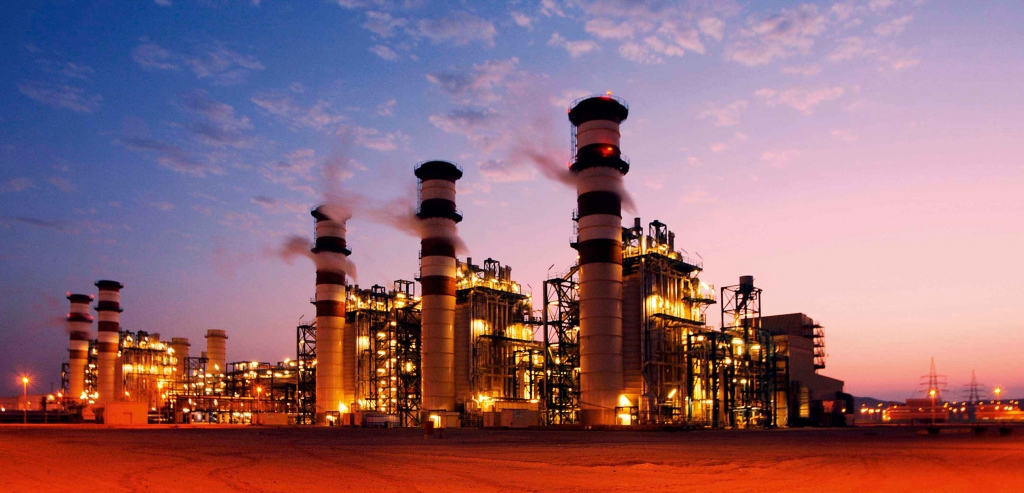
Turbulent times to continue for oil prices
It’s no secret that the value of crude oil has taken a few hits of late. A perfect storm of over-production from a handful of OPEC member states, political upheaval in countries such as Venezuela and a lack of confidence in the markets has occurred. All this has seen the price of oil reach one of its lowest points in recent memory.
At the time of writing, the price of a barrel of oil stands at just over 50 USD. The optimum price that OPEC’s bosses are hoping to reach is 55 USD, with prices going below 50 USD as recently as last week. In order to get to this mark, there has been some wrangling between Saudi Arabia, Iran and Iraq over trying to reduce output.
Three-way argument
What of this three-way tussle between OPEC’s biggest members? Well, Saudi Arabian oil bosses tried to persuade their equivalents in Iraq and Iran to scale down their recent upturn in production. Sadly, for the country’s oil producers hoping for a resolution, this request has been turned down.
The major twist in this particular plot is that both Iraqi and Iranian representatives asked Saudi Arabia to scale down their production. This has led to an impasse that, if not resolved, will prolong the prevailing downward trend in crude oil prices. Investors have already begun taking advantage of this down turn by trading on this fluctuation.
All OPEC member states recently met at the organisation’s headquarters in Vienna. The topic of conversation was about helping oil prices to reach a more acceptable level. In order to achieve a positive outcome, all hopes were on the Middle Eastern trio settling their differences and agreeing a deal that’s best for all parties involved.
Wider impact
What happened in Vienna will have far-reaching consequences. If Saudi Arabia, Iran and Iraq continue to fight over how to reduce production, other OPEC members will be affected. Algeria, Angola, the United Arab Emirates and Venezuela will all feel the impact of any further fall in prices. Non-OPEC oil producers including the USA will suffer too.
The more time passes without a solution being reached, the longer it will take for oil to stay above that 50 USD price. Iraq and Iran will likely continue to up production, giving other OPEC member states reason to intervene. On top of that, other happenings in Venezuela et al will continue to give traders little confidence that oil can rebound.
Whatever happens, it’s going to be fascinating to see what happens in the coming days.


























